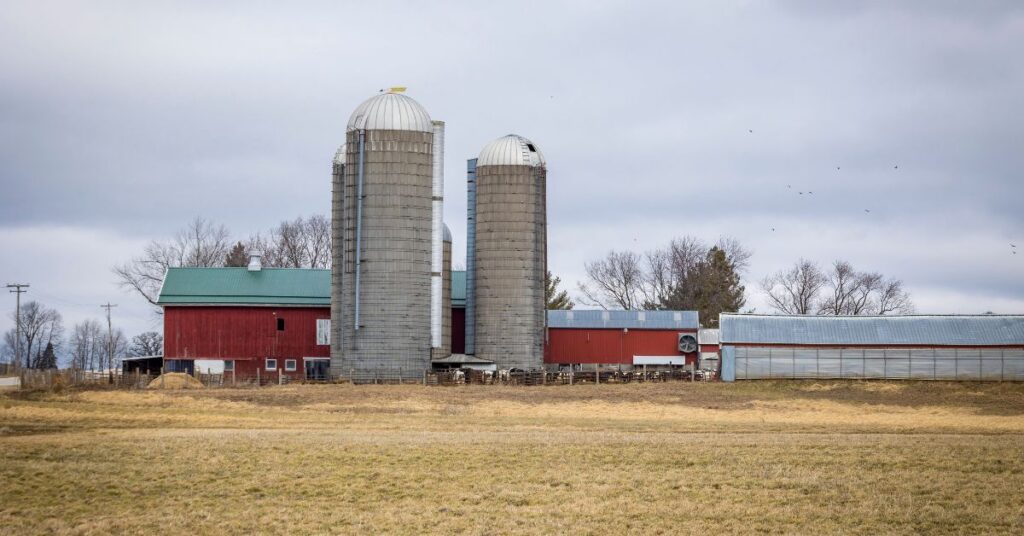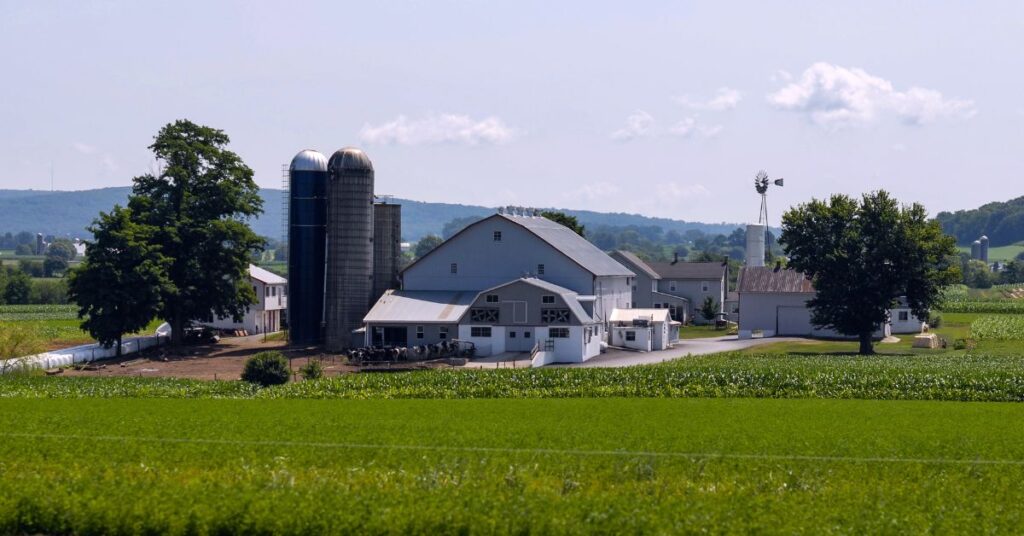Selling a family farm is no ordinary transaction; it’s a deeply personal and complex decision that intertwines generations of history, financial stability, and profound emotions. Throughout the process, outdated notions or common misconceptions can cloud judgment and make an already challenging decision even more difficult.
Understanding the truths behind these myths can empower farm owners, estate planners, and inheritors to make informed, confident decisions. Let’s debunk myths about selling the family farm so you can plan your strategy with more clarity and less stress. During such a complex process, you deserve some guidance and clarity before making any major decisions.
Myth 1: The Farm Must Stay in the Family
Many have believed that a family farm is an enduring legacy, passed down like a sacred heirloom for generations. While this ideal scenario may sound comforting, the reality is frequently far more nuanced.
Today, families face changing dynamics, with younger generations pursuing careers that have little or no connection to agriculture. Rising operational costs, evolving economic landscapes, and the unpredictability of farming as a trade place extra pressure on maintaining such a legacy.
Clinging to the notion of “keeping the farm in the family” may unintentionally create financial or relational strain without a shared vision or interest among heirs. Selling the property could represent a positive opportunity for the family, offering resources to settle debts or pursue new endeavors. Understanding that the world has changed can help families reframe what legacy means today.
Myth 2: Selling Is a Sign of Failure
Perhaps one of the most emotionally charged myths is that selling a family farm signals defeat or betrays one’s ancestral legacy. This belief often arises from guilt, fear of judgment, or a sentimental attachment to the property. However, it’s crucial to recognize that selling a farm doesn’t erase its storied past or reduce the contributions earlier generations have made.
On the contrary, selling can be a strategic decision, ensuring the family’s financial health while creating new opportunities for growth. For example, selling the land may provide the resources required to support other ventures if operations are struggling or if a substantial investment is necessary to modernize equipment. Viewing any sale as a failure overlooks the possibility of transforming it into an opportunity for longevity in different forms, such as reinvesting proceeds into diversified assets or funding long-term goals.

Myth 3: You Can Handle the Sale Alone
While farm owners or family members may have extensive knowledge about their property, selling a farm is a complex and specialized process, unlike selling a home or other assets. Farms have a unique set of considerations, including zoning laws, water rights, soil quality, crop or livestock value, and potential land use. These factors demand expertise that goes beyond a basic real estate transaction.
Professional expertise in land appraisal, agricultural law, and tax planning is invaluable to ensure fair pricing and compliance with regulations. Without these safeguards, sellers might unintentionally undervalue their property or leave money on the table.
Consulting experienced real estate agents, farm sale specialists, and estate planners ensures a streamlined process, reducing stress while maximizing the farm’s market value. Talking to professionals will help you gain clarity on key areas of the sale, such as which sale method you prefer. For instance, you can opt for a sale directly to a buyer or a farmland auction, each of which is a viable choice.
Myth 4: All Land Is Valued the Same
Accurately debunking myths about selling the family farm is crucial because some myths will have a major impact on the property’s overall value before it goes up on the market. One widespread misconception about selling farmland is the belief that all acreage holds uniform value.
However, farmland valuation is far more nuanced and depends on numerous factors, such as soil fertility, access to water, climate conditions, and proximity to infrastructure or markets. For instance, land with prime agricultural soil fetches a higher value than similar acreage with rocky, less fertile terrain.
Additionally, the potential future use of the land influences its worth. Farmland might attract development interest, significantly increasing its value if located near growing urban areas. On the other hand, remote or rural acreage may appeal more to conservation-focused buyers. Understanding how these factors affect valuation enables farm sellers to set realistic expectations and negotiate effectively.

Myth 5: Taxes Won’t Be a Big Deal
Many overlook taxation when selling a family farm. Many farm sellers assume that taxes won’t play a significant role in the process, only to feel blindsided by substantial capital gains taxes, estate taxes, or gift taxes after the sale. This myth can have serious financial consequences if appropriate tax planning isn’t in place.
Without a clear strategy in place, families may find themselves giving up a large portion of their profit to taxes. Working with a tax expert or estate planner minimizes potential liabilities, often with solutions, such as 1031 exchanges, gifting strategies, or trusts to preserve wealth post-sale.
Empowering Families To Make Confident Decisions
Finding a place to put Midwest farms for sale is one of the most important steps because it will help sellers secure the final price they’re looking for. Selling the family farm is a significant decision, one that’s deeply personal and loaded with emotional weight. Dismantling the myths surrounding this process is a crucial first step toward implementing a plan that serves the financial interests and family values of farm owners, estate planners, and inheritors.
The sale of a farm is not something that you should rush or take lightly; it requires thought, expert guidance, and careful planning. Families can ensure that they honor their past while creating a new vision for the future by adopting a clear-eyed perspective and seeking professional advice. Take the next step by consulting an experienced estate planner or farmland specialist if you’re navigating the complexities of selling your family farm and need professional guidance. Selling family property of any kind can be tough, but with the right experts by your side, it will become far easier.
Making informed decisions today can ensure a smoother transition and peace of mind for years to come. Don’t leave the future of your family farm to chance—take control today.